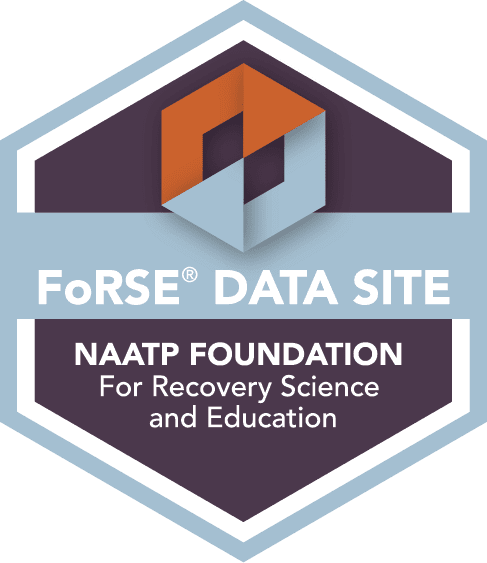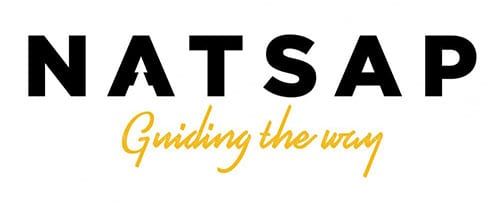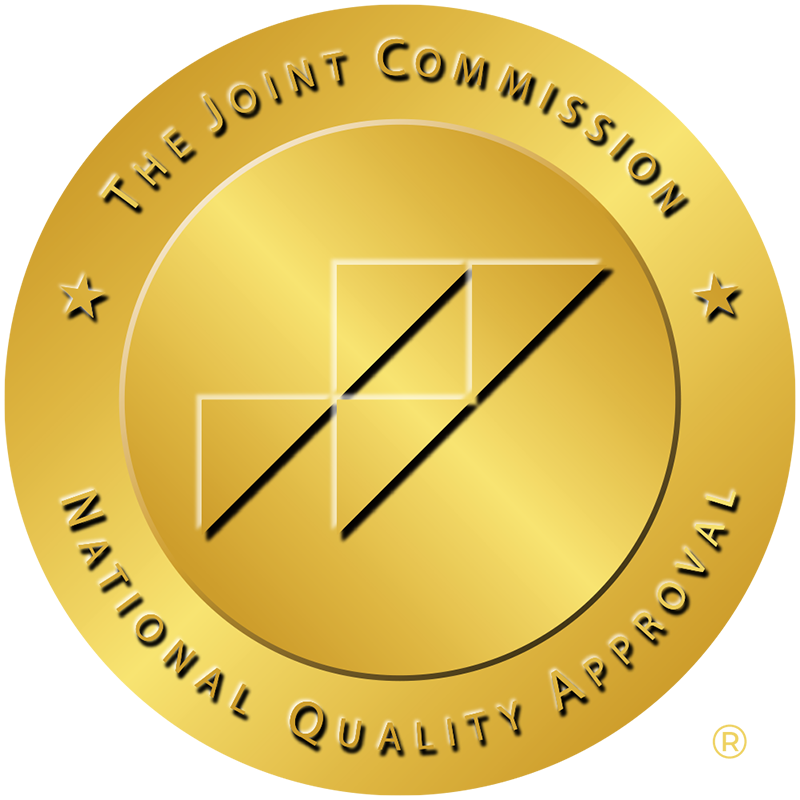Technology Addiction

Lorem ipsum dolor sit amet, consectetur adipiscing elit. Nulla faucibus sapien in mi rhoncus sagittis. Integer ullamcorper porta interdum. Nam est risus, facilisis sit amet iaculis non, rutrum quis lorem. Maecenas ac urna nec nibh pellentesque pulvinar condimentum vitae ante. Maecenas quis urna vitae lorem ornare pellentesque ut id mi. Ut vitae tempus enim. Suspendisse laoreet eleifend venenatis. Praesent suscipit leo lectus, eu consectetur quam blandit in.
What is Technology Addiction?
Technology addiction, also known as internet addiction or digital addiction, refers to excessive and compulsive use of technology, particularly digital devices and the internet, to the extent that it interferes with daily life, relationships, work, and overall well-being. While technology has brought numerous benefits, excessive and problematic use can lead to negative consequences and impact various aspects of an individual’s life. Common forms of technology addiction include internet addiction, gaming addiction, social media addiction, smartphone addiction, and online shopping addiction. Technology addiction can have negative consequences for mental health, physical well-being, and overall quality of life. It may contribute to sleep disturbances, anxiety, depression, social isolation, and a decline in academic or occupational performance.
How is treatment tailored?
Treatment for technology addiction at Foundation House often involves a combination of therapeutic interventions and lifestyle changes.
Common approaches used to address technology addiction are cognitive-behavioral therapy (CBT), mindfulness-based interventions, behavioral interventions, education and psychoeducation, boundary setting, technology controls and monitoring, lifestyle changes, gradual exposure and desensitization, and support groups. It’s important to note that addressing technology addiction requires a comprehensive and individualized approach, as the underlying causes and consequences may vary.
The Foundation House approach to treating technology addiction:
Cognitive-Behavioral Therapy (CBT)
CBT is a widely used and evidence-based form of psychotherapy that focuses on the connection between thoughts, feelings, and behaviors. It is a goal-oriented therapeutic approach designed to help individuals identify and change patterns of thinking and behavior that contribute to their difficulties or distress. CBT is rooted in the idea that our thoughts, feelings, and behaviors are interconnected and that changing negative thought patterns can lead to changes in emotional well-being and behavior.
Behavioral Therapy and Technology Controls
Foundation House therapists use behavior modification techniques to teach and reinforce the healthy use of technology. This can include providing incentives for moderate use, setting achievable goals and timeframes of use, and implementing strategies to improve self-control. Individuals at Foundation House typically enter the program with a smartphone while earning gaming system privileges if it is deemed appropriate. However, some residents may demonstrate the need to transition to a flip phone and be required to turn in their gaming system or computer if they are not using them moderately and appropriately. Foundation House has a monitored educational center that is equipped with Apple computers to demonstrate proper computer use. Additionally, the WIFI is turned off in the houses during the day and is turned off again at curfew to aid in setting technology boundaries.
Mindfulness and Self-Regulation Practices
Mindfulness and self-regulation practices embody therapeutic approaches dedicated to nurturing present-moment awareness, fostering emotional regulation, and honing the capacity to respond to situations with intention and a non-reactive mindset. Revered for their efficacy, these practices stand as pivotal components in the treatment of diverse mental health concerns, including being an effective tool to manage technology addiction. These methods are implemented during daily meditation sessions, yoga practice, and Emotional Regulation group.

“Lorem ipsum dolor sit amet, consectetur adipiscing elit, sed do eiusmod tempor incididunt ut labore et dolore magna aliqua. Ut enim ad minim veniam, quis nostrud exercitation ullamco laboris nisi.”
— Testimonial 1
Lorem ipsum dolor sit amet, consectetur adipiscing elit. Nulla faucibus sapien in mi rhoncus sagittis. Integer ullamcorper porta interdum. Nam est risus, facilisis sit amet iaculis non, rutrum quis lorem. Maecenas ac urna nec nibh pellentesque pulvinar condimentum vitae ante. Maecenas quis urna vitae lorem ornare pellentesque ut id mi.





